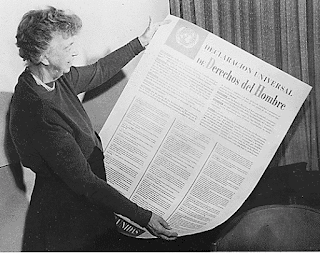Earlier today I was asked what impact the Brexit vote would have
on my business. The obvious commercial issues came to mind such as a further
downturn, another banking crisis, a hike in interest rates etc. But these are
issues for all businesses as we get to grips with the earth shattering events
of last week.
But what about the beleaguered Personal Injury sector? What is the future for those us who pursue
damages claims for victims of accidents, work related disease and medical
negligence? We have seen enough ‘reforms’ in the last few years to last a
lifetime.
In fact the Leave vote could provide a short period of
respite.
It was in November last year that the Chancellor George Osborne
announced plans to raise the small claims limit to £5k and to abolish the right
to claim damages for Whiplash injuries –
This led to alarm across the sector. Hundreds of victims
would be denied the right to recover legal costs in successful cases. Hundreds
more would be deprived of any right to pursue a claim at all. Many law firms
began to make plans for closure or to diversify. That was nearly 7 months ago
and neither event has happened.
Mr Osborne himself is likely to have other things on his
mind between now and the autumn. He has today delivered his first speech since
the referendum. This was all about reassuring the markets. He talked about the
need for a period of stability before Article 50 is invoked. It is clear that no
decision will be made before the Autumn of this year. It is likely that David Cameron’s successor
will call an early General Election early in 2017.
The general view seems to be that Osborne will not be Chancellor
in any new government. Michael Gove is expected to have a major role in a
future Tory line up. So we will then be looking for a new Justice Secretary. There
is always the chance of a Labour win but that seems to a forlorn hope as they
move into a period of civil war!
Now I’m not the most reliable predictor in the world. But
all of this would seem to put any earth moving changes to PI work some way down
the list of priorities. By the time we have had a leadership election, a new cabinet and Article 50 negotiations, I suspect that we will be well
into 2017 before Osborne’s November 2015 pledges raise their heads – if at all.
But we must not assume that any of this means that the
threat will go away. We may have up to 12 months but the political pressure to
appease the insurance industry will still be there. We must still plan and continue to campaign.
However it will give firms the opportunity to regroup and
plan for what is still an uncertain future.
